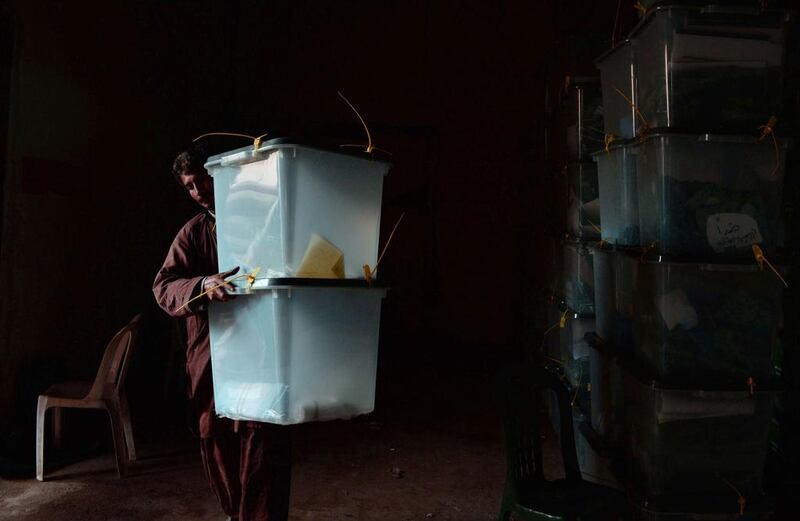With Afghanistan’s presidential election expected to be decided by a run-off vote, the outcome is unlikely to be known for weeks.
But there are two pressing questions that the next leader will have to focus on once in office: how to engage parts of the population still sympathetic to the Taliban and whether to allow the continued presence of foreign troops past the end of 2014.
While more than 50 per cent of Afghans are believed to have braved Taliban threats and turned out to vote in Saturday’s election, the insurgency in Afghanistan remains strong.
Integral to subduing the Taliban is the government establishing a stronger presence in rural ares of the country, especially in the south and east, areas where the Taliban’s support is strongest.
To do this the new president must end the widely-held view that the Afghan government is corrupt and beholden to foreign powers and deliver a new sense of justice to the country.
A reason the Taliban have supporters is because “they provide quicker justice and are believed to be more fair than the government,” says Kamal Alam, a fellow at the London-based Institute for Statecraft who advised the British Army on Afghanistan.
The new government will only be able to establish itself in rural areas if the security situation in the country is improved.
The Afghan National Army has come far from where it was a few years ago and is actively fighting the Taliban. But they are not ready to fight the Taliban by themselves. International forces are still needed to provide support.
“With two or three thousand US soldiers giving them air cover, they can hold off the Taliban,” Mr Alam says. “Without coalition support they can’t. ”
But because outgoing president Hamid Karzai refused to sign a bilateral security agreement with the United States, the role of international forces in Afghanistan past this year is not clear.
The agreement sets the terms under which the US forces that stay in Afghanistan past 2014 will operate. A similar agreement between Nato, which has said it will also provide troops past 2014, and Kabul will only move forward once the agreement with the US is signed.
All the presidential candidates said they will sign the agreement when in office. If a run-off vote is needed a new government is expected to be in place by August.
But the US is likely to be wary that once in power the new president might try to change the terms of the agreement or delay its signing.
This complicates the withdrawal of international troops and also planning for the distribution of forces if some do stay.
If the agreement is not signed it will also mean the end to US drone operations in Afghanistan. Though widely controversial, drones compose a key component of Washington’s counterterrorism strategy.
Not being able to operate them in Afghanistan will make it difficult to gather intelligence on Iran, Pakistan, and militants in Afghanistan, Mr Alam says.
jvela@thenational.ae





